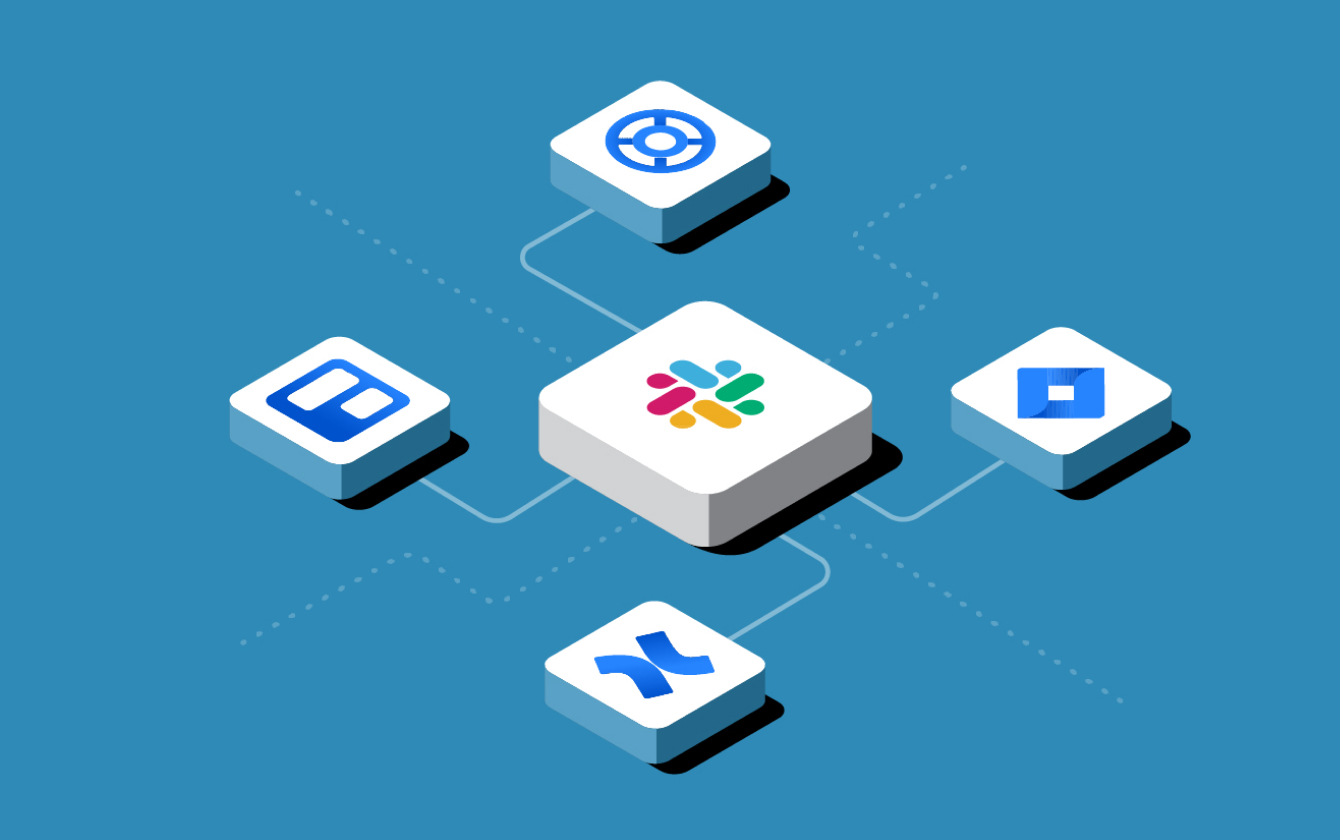Top Tools and Technologies for Streamlining Your Development Workflow
Mohit Mourya - August 4, 2024, 9:59 AM

In the fast-paced world of software development, efficiency and productivity are paramount. Utilizing the right tools and technologies can significantly streamline your development workflow, enabling teams to work more effectively and deliver high-quality software on time. Here are some of the top tools and technologies that can enhance your development process.
Version Control Systems: Git and GitHub
Git is a powerful version control system that allows developers to track changes in their codebase, collaborate with others, and manage code versions efficiently. GitHub provides a cloud-based hosting service for Git repositories, offering features like pull requests, code reviews, and project management tools. Together, Git and GitHub facilitate seamless collaboration and ensure code integrity.
Integrated Development Environments (IDEs): Visual Studio Code
An Integrated Development Environment (IDE) is essential for writing, testing, and debugging code. Visual Studio Code (VS Code) is a popular choice due to its versatility and extensive range of extensions. It supports multiple programming languages, offers intelligent code completion, and integrates with various development tools, making it a one-stop solution for developers.
Project Management Tools: Jira and Trello
Effective project management is crucial for keeping development on track. Jira and Trello are excellent tools for organizing tasks, tracking progress, and managing workflows. Jira is highly customizable and ideal for agile development, while Trello’s visual boards are perfect for smaller teams and straightforward task management.
Continuous Integration and Continuous Deployment (CI/CD): Jenkins and GitLab CI
Continuous Integration (CI) and Continuous Deployment (CD) are practices that automate the testing and deployment of code, ensuring faster and more reliable releases. Jenkins is an open-source CI/CD tool that automates the build, test, and deployment process. GitLab CI offers integrated CI/CD features within GitLab, providing a seamless workflow from code commit to deployment.
Containerization: Docker
Docker is a containerization platform that allows developers to package applications and their dependencies into containers. Containers are lightweight, portable, and consistent across different environments, ensuring that applications run smoothly regardless of where they are deployed. Docker simplifies the deployment process and improves scalability.
Code Quality and Testing: SonarQube and Selenium
Maintaining code quality and testing is essential for delivering robust software. SonarQube is a tool for continuous inspection of code quality, detecting bugs, vulnerabilities, and code smells. Selenium is widely used for automating web application testing, enabling developers to write tests in various programming languages and execute them across different browsers.
Collaboration and Communication: Slack and Microsoft Teams
Effective communication is vital for remote and distributed teams. Slack and Microsoft Teams are collaboration platforms that provide real-time messaging, video conferencing, file sharing, and integrations with other development tools. These platforms help keep teams connected and ensure smooth communication throughout the development process.
Cloud Services: AWS, Azure, and Google Cloud
Cloud services like Amazon Web Services (AWS), Microsoft Azure, and Google Cloud Platform (GCP) offer a range of tools and infrastructure for developing, deploying, and scaling applications. These platforms provide services like virtual machines, databases, storage, and serverless computing, enabling developers to build and deploy applications quickly and efficiently.
Conclusion
Streamlining your development workflow requires the right mix of tools and technologies that enhance collaboration, automate processes, and ensure code quality. By incorporating version control systems, IDEs, project management tools, CI/CD pipelines, containerization, code quality tools, communication platforms, and cloud services, you can significantly improve your team’s efficiency and productivity. Embrace these tools to stay ahead in the competitive software development landscape.






